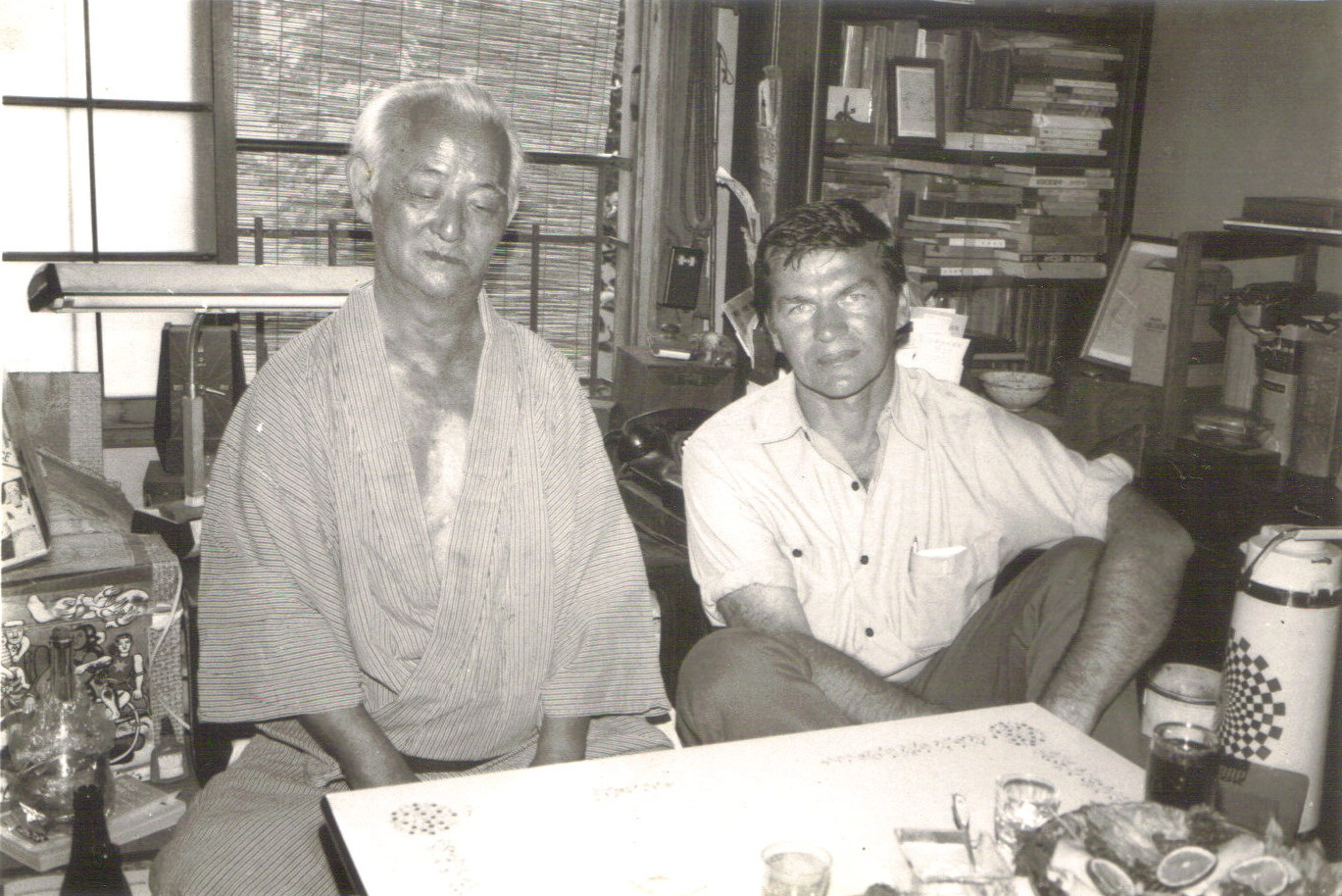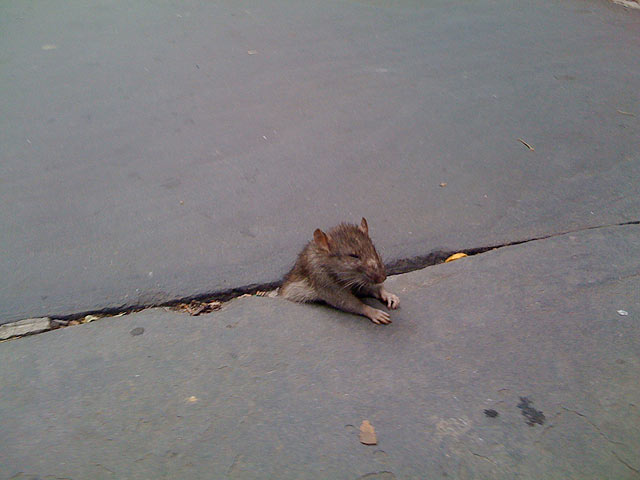
Enlightenment
comes only when you accept
everything that is — without resistance,
without quarrel, in complete stillness. This is
the only, the simplest, the necessary
ground of being for complete
realization.
The opportunity
to dwell in quiet acceptance
exists in every moment — sitting, bathing,
cleaning, cooking, working, wherever.
When that moment passes,
it is present in the next.
Just embrace
it.

You
can now buy
Wei wu Wei Ching as part of a
five-app bundle of Taoist classics
for iPhone or iPad for less than
the cost of one hardcover
book.



